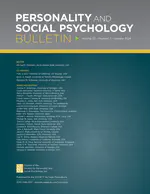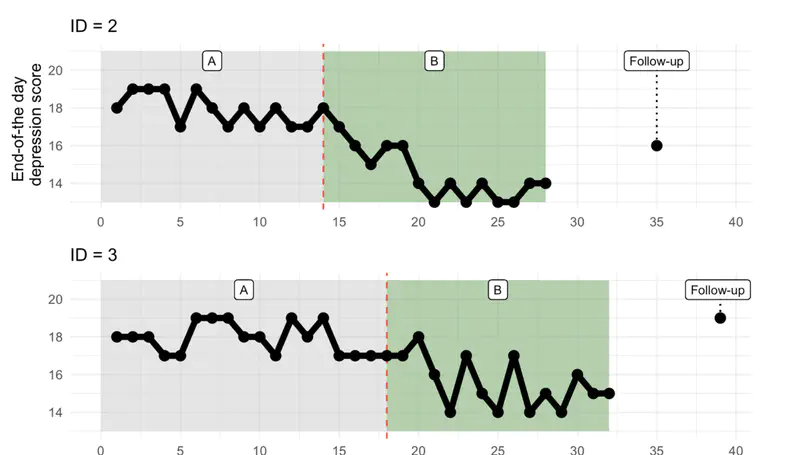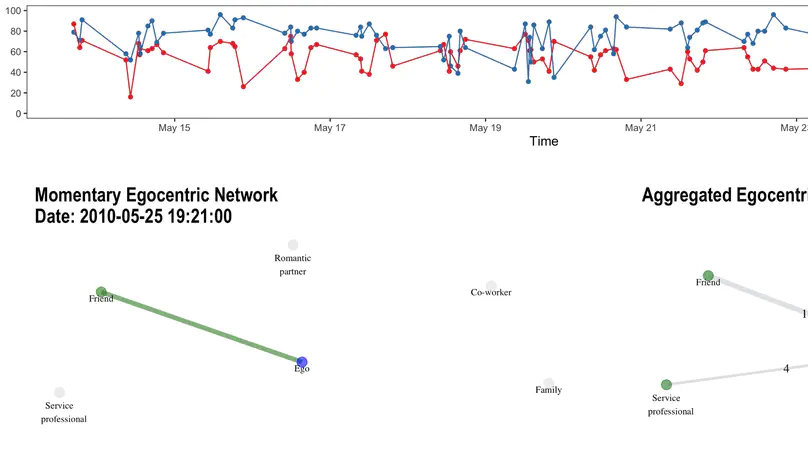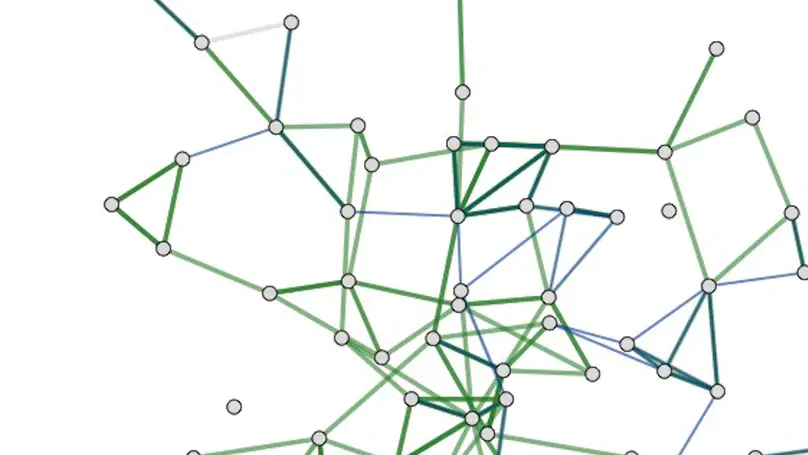Hi. I’m Timon. I am a postdoc and SNSF Ambizione fellow at the Applied Social and Health Psychology lab of the University of Zürich. My research focuses on (a) developing and evaluating digital health interventions, and (b) identifying social and digital resilience factors of mental health. To advance both, I also innovate in measurement, design, and analysis methods.
Previously, I was a postdoc at the University of Groningen (Netherlands) and ETH Zürich (Switzerland). I studied Psychology at the University of Basel (BSc) and University of Zürich (MSc) and received a PhD from the ETH Zürich.
Interests
- Digital Health Interventions
- Social, Digital and Mental Health
- Online and Offline Social Dynamics
- Measurement and Modeling of Intensive Longitudinal Data
Education
-
Ph.D. in Social Network Analysis, 2019
ETH Zürich
-
M.Sc. in Psychology, 2015
University of Zürich (UZH)
-
B.Sc. in Psychology, 2013
University of Basel
Recent Posts
Projects
*
Recent Publications
Quickly discover relevant content by filtering publications.
(2025).
A Social Support Just-in-Time Adaptive Intervention for Individuals With Depressive Symptoms: Feasibility Study With a Microrandomized Trial Design.
JMIR Mental Health.
(2025).
Treatment effect estimation with observational network data using machine learning.
Journal of Causal Inference.
(2025).
The quality of face-to-face and digitally mediated social interactions: two experience sampling studies exploring the moderating role of physical location, interaction partner familiarity, and interaction purpose.
Journal of Computer-Mediated Communication.
(2024).
Dyadic Isolation in Social Interactions: The Role of Depressive Symptoms.
Social Psychology Quarterly.
(2024).
Capturing the Social Life of a Person by Integrating Experience-Sampling Methodology and Personal-Social-Network Assessments.
Advances in Methods and Practices in Psychological Science.
(2024).
Considering the ‘With Whom’: Differences Between Event- and Signal-Contingent ESM Data of Person-Specific Social Interactions.
Multivariate Behavioral Research.
(2024).
Subjective long-term emotional and social effects of recreational MDMA use: the role of setting and intentions.
Scientific Reports.
(2024).
The temporal order of emotional, cognitive, and behavioral gains in daily life during treatment of depression.
Journal of Consulting and Clinical Psychology.
(2023).
A review of approaches and models in psychopathology conceptualization research.
Nature Reviews Psychology.
(2023).
Feedback About a Person’s Social Context - Personal Networks and Daily Social Interactions.
Administration and Policy in Mental Health and Mental Health Services Research.
(2023).
Computational social science is growing up: why puberty consists of embracing measurement validation, theory development, and open science practices.
EPJ Data Science.
(2023).
Modeling categorical time-to-event data: The example of social interaction dynamics captured with event-contingent experience sampling methods.
Psychological Methods.
(2023).
Studying Daily Social Interaction Quantity and Quality in Relation to Depression Change: A Multi-Phase Experience Sampling Study.
Personality and Social Psychology Bulletin.
(2022).
Modeling social interaction dynamics measured with smartphone sensors: An ambulatory assessment study on social interactions and loneliness.
Journal of Social and Personal Relationships.
(2022).
Back to Basics: The Importance of Conceptual Clarification in Psychological Science.
Current Directions in Psychological Science.
(2021).
In Which Direction Does Happiness Predict Subsequent Social Interactions? A Commentary on Quoidbach et al. (2019).
Psychological Science.
(2021).
Psychometric Evaluation of the German Version of the Opening Minds Stigma Scale for Health Care Providers ( OMS-HC ).
BMC Psychology.
(2021).
The Swiss StudentLife Study: Investigating the emergence of an undergraduate community through dynamic, multidimensional social network data.
Social Networks.
(2020).
A model for the dynamics of face-to-face interactions in social groups.
Network Science.
(2020).
Depressive symptoms are associated with social isolation in face-to-face interaction networks.
Scientific Reports.
(2020).
Getting Stuck in Social Isolation: Solitude Inertia and Depressive Symptoms.
Journal of Abnormal Psychology.
(2020).
Short-term and long-term effects of a social network intervention on friendships among university students.
Scientific Reports.
(2020).
Students under lockdown: Comparisons of students' social networks and mental health before and during the COVID-19 crisis in Switzerland.
PLoS ONE.
(2019).
Integration in emerging social networks explains academic failure and success..
Proceedings of the National Academy of Sciences of the United States of America.
(2019).
The validity of RFID badges measuring face-to-face interactions.
Behavior Research Methods.
(2019).
What do centrality measures measure in psychological networks?.
Journal of Abnormal Psychology.
(2018).
Knowledge on types of treatment pressure. A cross-sectional study among mental health professionals.
Archives of Psychiatric Nursing.
(2018).
Informal coercion as a neglected form of communication in psychiatric settings in Germany and Switzerland.
Psychiatry Research.
(2018).
Current and ideal team roles: Relationships to job satisfaction and calling..
Translational Issues in Psychological Science.
(2017).
Informal coercion as a neglected form of communication in psychiatric settings in Germany and Switzerland.
Psychiatry Research.
(2017).
The co-evolution of emotional well-being with weak and strong friendship ties.
Network Science.






